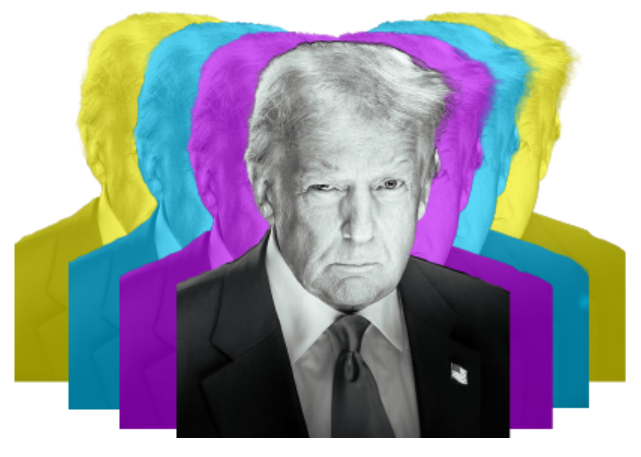On Monday, Aug. 5, 2024, U.S. District Court Judge for the District of Columbia Amit Mehta ruled that in U.S. et al. v. Google, Google has been illegally exploiting its search engine to defeat competition and stifle innovation.
According to the Associated Press, Mehta wrote in his 277-page ruling, “After having carefully considered and weighed the witness testimony and evidence, the court reached the following conclusion: Google is a monopolist, and it has acted as one to maintain its monopoly.”
Mehta determined that Google violated Section Two of the Sherman Antitrust Act. Section Two states that it’s unlawful to monopolize a company, and an antitrust law regulates and encourages competition by limiting power from any given firm.
The case started as a nine-week bench trial beginning in Sept. 2023 and had closing statements in May 2024. It wasn’t until Aug. 5 that Mehta gave the final ruling. However, this isn’t the first time there have been problems with Google.
According to an article by law firm Goodwin Law, “The case was initially brought in 2020 when the U.S. Department of Justice and nearly every state’s attorney general sued Google, alleging that it unlawfully uses distribution agreements to stifle competition and maintain its monopoly position in multiple markets relating to online search and advertising.”
Google is one of the oldest and most essential search engines in modern society. Tens of billions of dollars have been spent by Google to keep it as the leading search engine for worldwide users on phones, computers and tablets.
“Specifically, Google’s exclusive deals with Apple and other key players in the mobile ecosystem were anti-competitive,” Mehta said in a CNN interview. “Google has also charged high prices in search advertising that reflect its monopoly power.”
The exclusive deals made with companies like Apple and Samsung were illegal. Google paid those companies to handle search questions on any web browser automatically.
Ruling Google as a monopoly has changed the business industry and showed the true amount of power that BigTech has. BigTech is composed of the world’s largest information technology (IT) companies. These companies are known for using massive amounts of personal and business information and processing it for targeted advertising to generate revenue.
“[This] is likely to influence other government antitrust lawsuits against Google, Apple, Amazon and Meta, the owner of Facebook, Instagram and Whatsapp,” according to an article by writer David McCabe from the New York Times. “The last significant antitrust ruling against a tech company targeted Microsoft more than two decades ago.”
Google is one of many companies that have had this type of ruling and case against them. But, as one of the biggest companies in the world, this case hurts more than their public image.
“The decision is a major blow to Google, which was built on its search engine and has become so closely associated with online search that its name has become a verb,” according to McCabe. “The ruling could have major ramifications for Google’s success, especially as the company spends heavily to compete in the race over artificial intelligence.”
Google is facing another federal antitrust case, this time over advertising technology. The trial started on Sept. 9 in Virginia, and it will not have a jury as a result of a Google payout.












